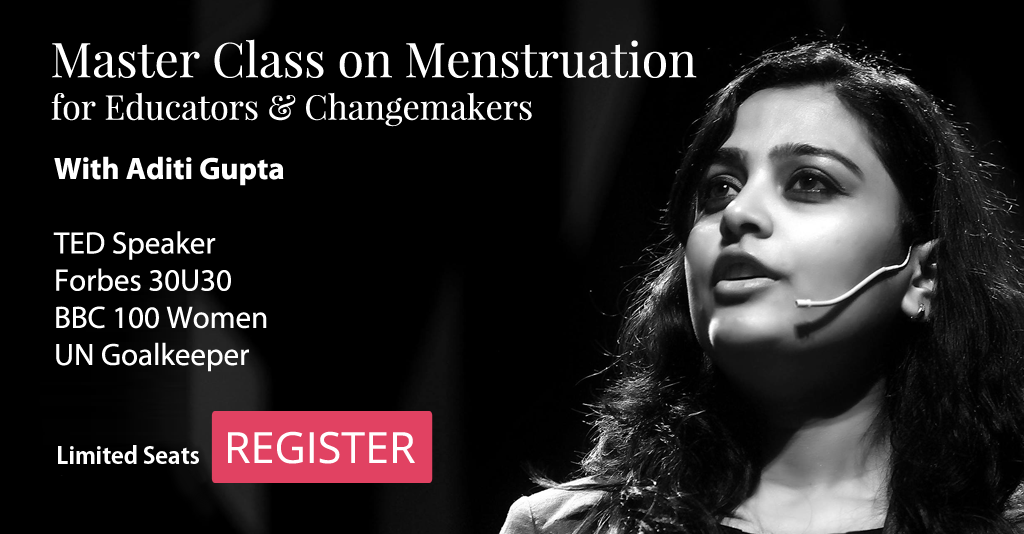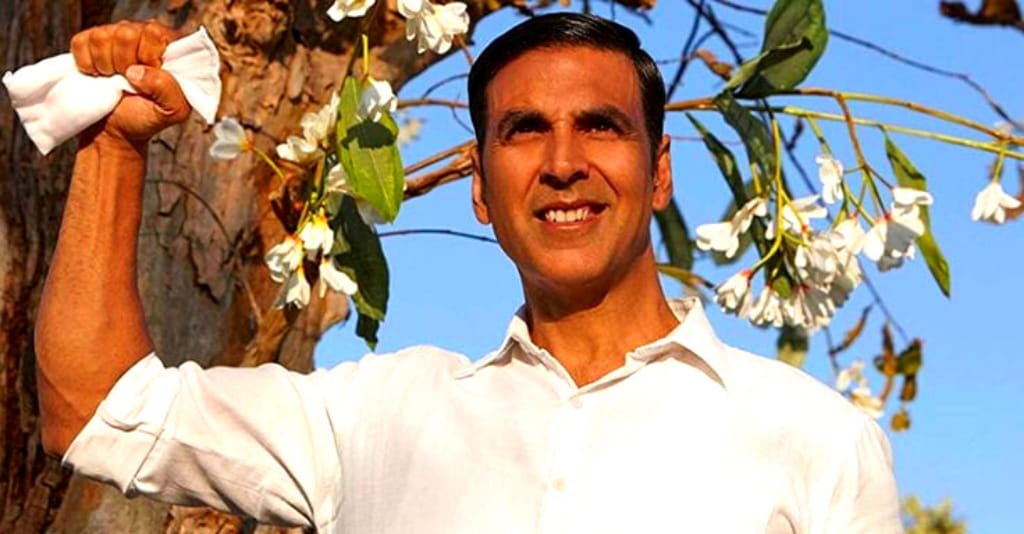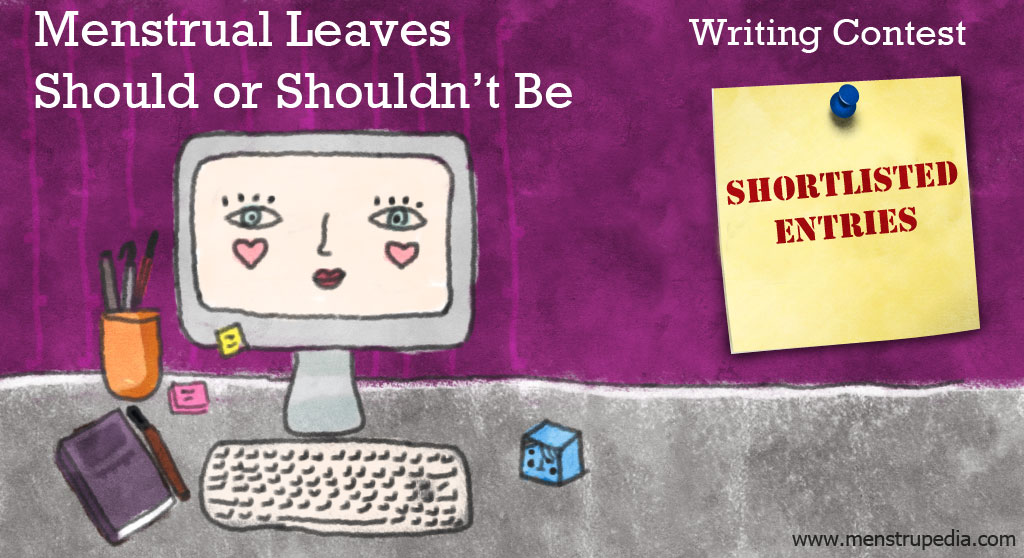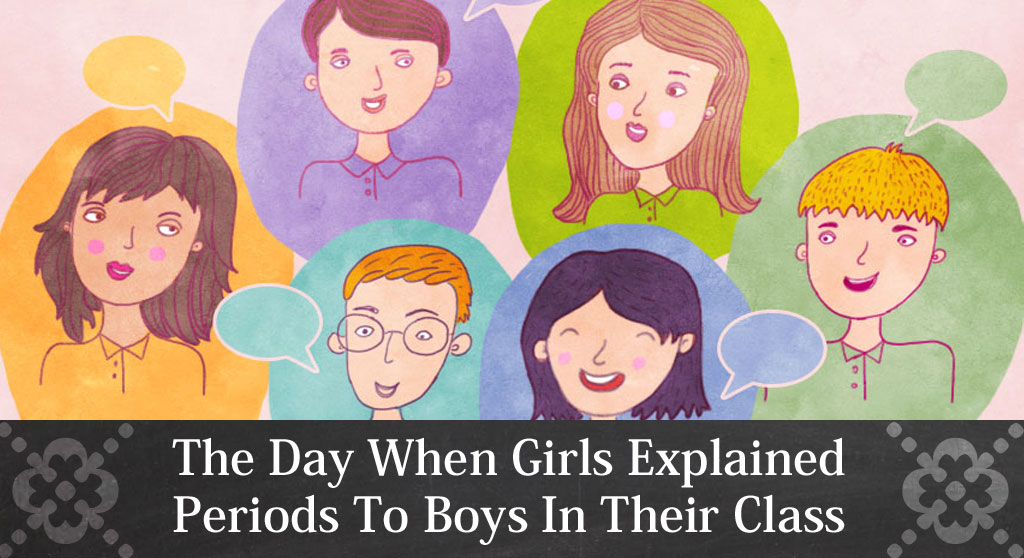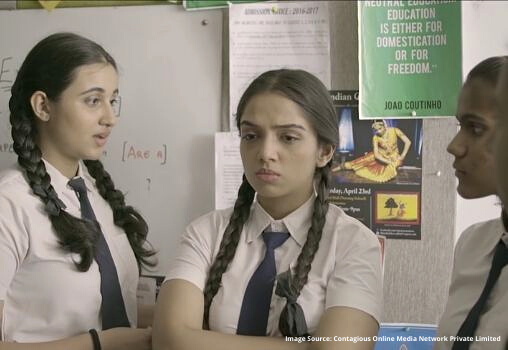Imagine sitting with your family, watching a great film and suddenly the commercial breaks sweep right in. Disappointing, right? The first commercial you all see is that of a sanitary napkin. Well, that’s pretty usual – you would think. In no time, there is a sanitary napkin floating on your screen with a blue liquid being poured over it. But wait, isn’t blood – that same blood that comes out of you or someone you know every month – red in color? You get up and go to your bathroom and there it is. Carefully wrapped in a black polythene that the male pharmacist was rather particular about: a packet of sanitary pads.
The sight of black polyethene in the garbage is just as common as spotting someone coming out of a pharmacy with the same black bag. Why is it though, what is exactly so conspicuous about the naïve pad or tampon? Why are we so concerned about letting the cat (read: pad) out of the bag? Comedian Margaret Cho quipped, “Over half the world menstruates at one time or another, but you’d never know it. Isn’t that strange?” rightfully addressing the years of misogynistic conditioning that has resulted in a sense of shame attached to periods – labelling it as a “women’s problem.” But, is it?
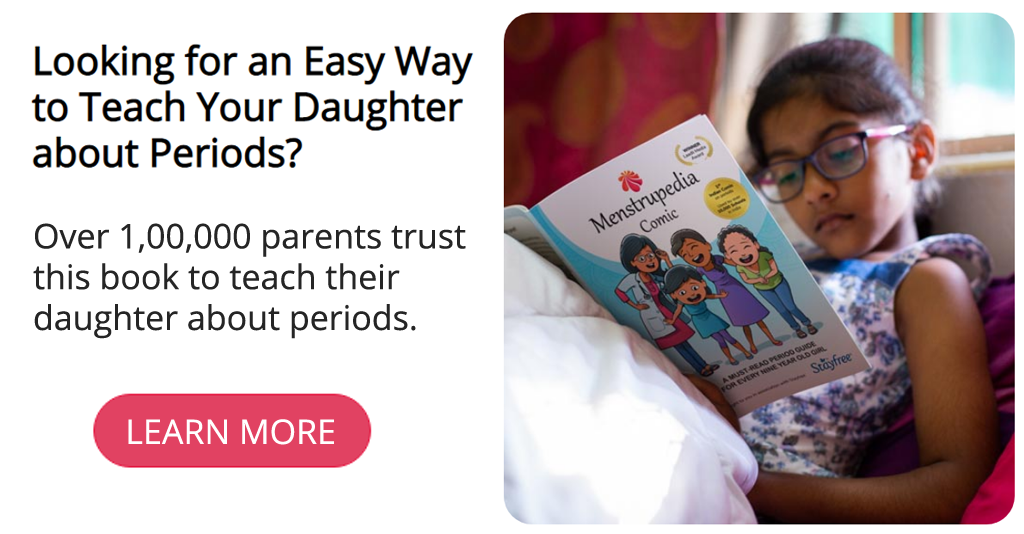
One of the major reasons why menstruation, or periods still remain ‘hush-hush’ is because of the cultural stigma and taboo associated with that ‘time of the month.’ On dissecting the roots of such issues, it shouldn’t come as a surprise that we live in a world of gender inequality, hegemonic patterns (relating to power dynamics), patriarchal influences and internalized sexism. As a developing nation, we have come a long way from archaic traditions and yet, as per an Indian study in 2011, women hesitate while sharing anything about menstruation with men and boys, who don’t menstruate. When it comes to the other side of the table, with those male members of the community who don’t menstruate, the effort towards gaining some idea about periods is negligible. Mainstream media hasn’t contributed much but has painted a skewed picture with ‘funny’ portrayals of women going through menstruation and being ‘chaotic’ and ‘crazy,’ further stereotyping the experiences of menstruators. Such misrepresentations have also created distance between menstruators and non-menstruators – to not ‘mess around’ and mind their own business.
In India, and a lot of countries, many private and government schools miss out on menstrual health education completely, and if they do attempt to take it seriously, it is done in isolation from the boys.
When you’ve observed from a young age how a biological process that you don’t go through is also something that shouldn’t concern you or you shouldn’t talk about, it is only natural to take a step back and firmly believe those myths and stories that have clouded your perspective all this while.
Having said that, it is about time that we stop normalizing the same and work towards educating all genders so as to encourage a safe space where there’s empathy, regard and knowledge for and about menstruation and menstrual health.
To begin with, as educated non-menstruators, you can bridge the gap by attempting to learn more about periods by scouring through reliable e-resources, books and/or engaging in conversation with people who menstruate. While we do so, it is also important to understand that not all those who menstruate are women, and not every woman can menstruate. Inclusivity is imperative, especially at a time where we are actively getting rid of gender binary notions and heteronormativity. Many trans men experience periods and for them the physical and psychological impact can be multifold. Also, even if some trans women may not biologically be able to have periods, that doesn’t make them any less of a woman. Similarly, nonbinary folx who menstruate may not see them as befitting a normative definition of man and woman.
We need more male voices in the narrative around menstrual health education, especially in under-resourced communities that lack the interest or ability to support their female members. We need a more queer-friendly approach towards understanding the varied experiences of menstruation that every individual goes through. And finally, we need to break away from the guilt, fear, shame and hate against period blood, stains and menstrual products, and be more empathetic about that one week each month, which isn’t a matter of choice but just the way nature works.
Menstruation is a normal, valid experience for those who go through it and a process to be acknowledged, respected and learned about, for those who don’t. It hasn’t been as healthy a dynamic over the years but with adequate awareness and advocacy in present times, we can incite change and bring about meaningful growth in the future. Hence, it’s that time of the month when we need to get rid of those black polythenes, and along with them, our ignorance too.
Author: Anuja Razdan
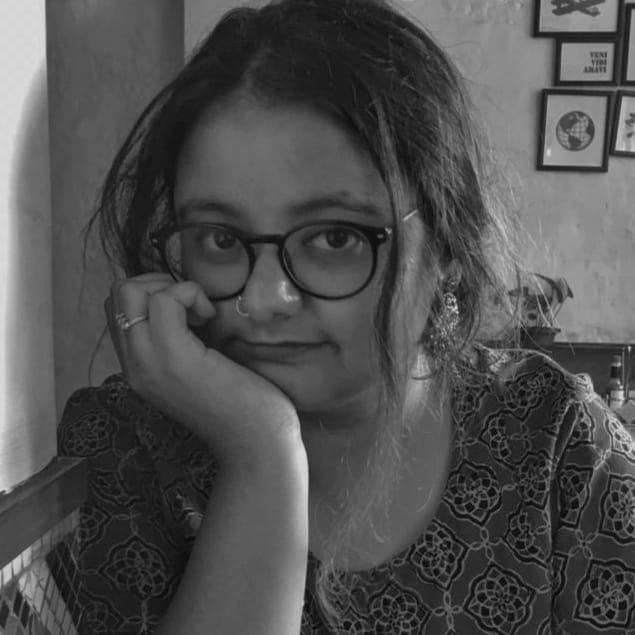
Anuja Razdan is a student/mental & sexual health advocate based in New Delhi, who is a nonconformist at heart, majoring in psychology. An aspiring psychotherapist , her areas of interest comprises gender & sexuality, psychological trauma, interpersonal relationships & expressive arts. Here is the link to her Instagram: https://www.instagram.com/_faniaaaa/
Edited by: Divya Rosaline
